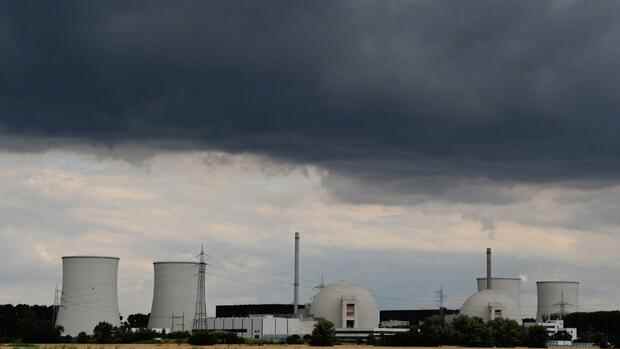At the end of the year, the last nuclear power plants in Germany are to be shut down – if the federal government does not decide to extend their lifespan.
(Photo: dpa)
Mr. Lilliestam, as a sustainability researcher, what do you think of the proposal to let the three remaining German nuclear power plants run longer in so-called extended operation because of the gas crisis?
The first question is whether this is even possible. In principle, that would probably be possible for a few months, even with the existing fuel rods. But performance would be reduced and would continue to decline. The operators must ensure that there are still enough employees despite the announced stop. The only question is whether this stretching operation is useful at all.
What’s your assessment?
Nuclear power supplies a non-fluctuating base load. Gas power, on the other hand, produces peak power that modulates up and down based on supply and demand. This means that the two forms of energy cannot be exchanged directly. Nationally, German nuclear power plants would not be able to replace German gas-fired power plants. Coal-fired power plants would be better suited because their electricity output is easier to regulate. But we don’t have a national crisis, we have a European crisis.
Johan Lilliestam heads the Energy Transitions & Public Policy research group at the Institute for Transformative Sustainability Research (IASS). The political scientist is a professor of energy policy at the University of Potsdam.
(Photo: IASS / Lotte Ostermann)
Read on now
Get access to this and every other article in the
Web and in our app free of charge for 4 weeks.
Continue
Read on now
Get access to this and every other article in the
Web and in our app free of charge for 4 weeks.
Continue
